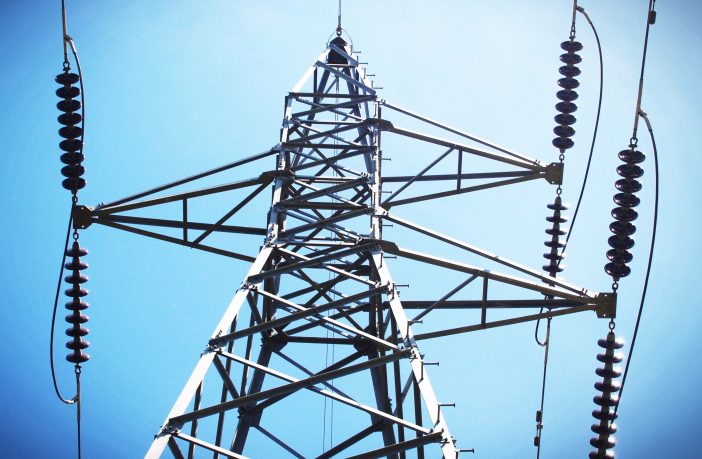June 2020 has been set as the deadline for completion of the power line interconnector project which will link the Eastern Africa Power Pool (EAPP) and Southern Africa Power Pool (SAPP). Electricity interconnector project manager, engineer Peter Kigadye made the announcement last weekend, reports Tanzania Daily News.
Kigadye noted that upon completion of the project, Tanzania will be able to sell electricity to neighbouring countries. “Likewise, the country will be able to purchase electricity from its neighbouring countries in case of power crisis in the country,” he told the Project Manager while briefing the Tanzania Electric Supply Company (Tanesco) board of directors at Zuzu Power Substation.
The Tanesco’s board of directors was on a tour to inspect electricity infrastructure in Zuzu Power Substation. Kigadye noted that electricity transmission interconnector facilitates power supply to the countries under SAPP and EAPP at the lowest possible costs and the framework promotes power exchanges between utilities.
“The goal is to ease the access to electricity power supply to all people of the countries in Eastern and Southern Africa regions,” he observed.
The Eastern Africa Power Pool was established in 2005 with the signing of an inter-governmental memorandum of understanding by seven eastern Africa countries, namely: Burundi, Democratic Republic of Congo, Egypt, Ethiopia, Kenya, Rwanda and Sudan. Tanzania, Libya and Uganda later joined EAPP in March 2010, February 2011 and December 2012 respectively.
The main objective of the power pool is to facilitate the optimum development of energy resources in the region and to ease the access to electricity power supply to all people in the region through the regional power interconnections.
Author: Babalwa Bungane
This article was originally published on ESI Africa and is republished with permission with minor editorial changes.











